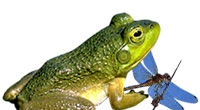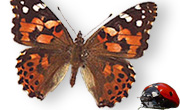Fax: (916) 381-4006



Live Protozoa Specimens >> Flagellates
9298 Elder Creek Road
Sacramento, CA 95829
(916) 386-2665
|
|
|
|
|
Phone: (916) 386-2665 Fax: (916) 381-4006 |
|
Friday, February 21, 2025 |
 |
 |
 |
|
|
Home ◊ ◊ View Cart ◊ Print Catalog |
|
|
|
Live Protozoa Specimens >> Flagellates |
|
|
Niles Biological, Inc. 9298 Elder Creek Road Sacramento, CA 95829 (916) 386-2665 |
||
| ©2006 Niles Biological, Inc. • Koi and Water Garden Websites • Conditions of Use • Copyright • Privacy Policy - Live Protozoa Specimens | ||